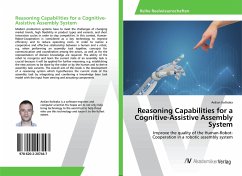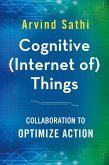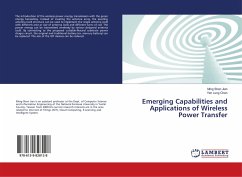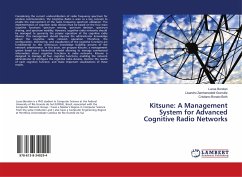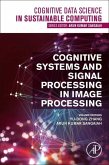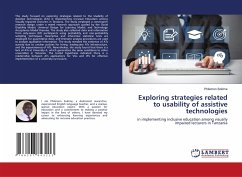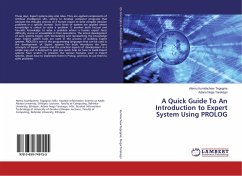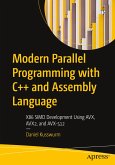Modern production systems have to meet the challenges of changing market trends, high flexibility in product types and variants, and short innovation cycles in order to stay competitive. In this context, Human-Robot-Cooperation is considered as a key technology to improve efficiency and to reduce operating costs. In order to realize a cooperative and effective relationship between a human and a robot, e.g. when performing an assembly task together, concepts for communication and coordination among the actors, as well as for the representation of domain knowledge are required. The ability of the robot to recognize and learn the current state of an assembly task is crucial because it will be applied for further reasoning, e.g. establishing the next actions to be done by the robot or by the human and to derive assembly task variants. The overall aim of this book is the development of a reasoning system which hypothesizes the current state of the assembly task by integrating and combining a knowledge base task model with the input from sensing and actuating components.
Bitte wählen Sie Ihr Anliegen aus.
Rechnungen
Retourenschein anfordern
Bestellstatus
Storno

